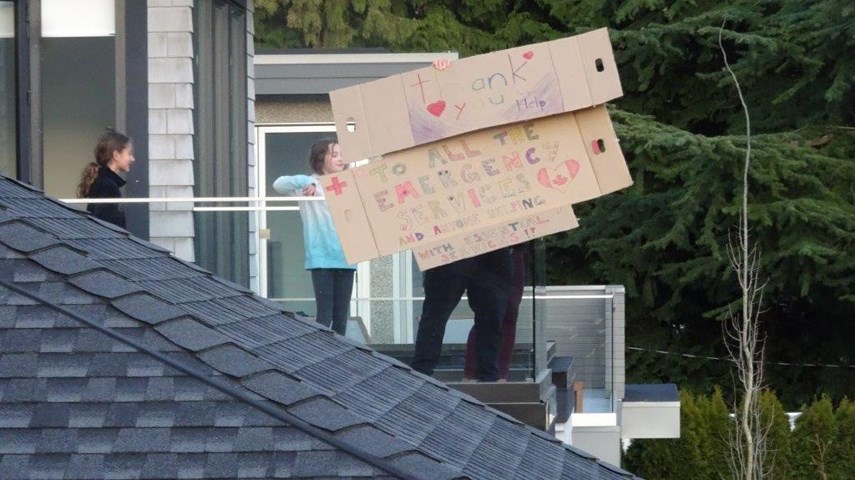I’m what I like to call a determined optimist. That is, someone who’s determined to see the glass half full even as it remorselessly drains.
These days, it ain’t easy.
There’s nothing cheery about the COVID-19 pandemic. People are dying – very close to home. And the forecast is for worse before it gets better.
Except ... a determined optimist does not go half empty without a fight.
One unexpected byproduct of the global lockdown is that it’s giving the planet a gulp of fresh air. The Guardian reports that levels of nitrogen dioxide have plummeted across the world, especially and ironically in the virus hotbeds of China, South Korea and Italy.
Nitrogen dioxide, like greenhouse gases which drive climate change, is produced by gas-powered vehicles and industrial processes. And its presence in the air is down by 30 per cent in parts of China, where the virus originated, and 40 per cent in Milan, where the outbreak is most severe – and that comes from a European Space Agency satellite in the earliest days of the lockdown. The trend is expected to continue as the nations hunker down.
Ironically (once again), the reduction in nitrogen dioxide benefits those with compromised lungs, the same people most affected by COVID-19. People with asthma. Like me.
Another benefit that comes with the surprise fresh air is that COVID-19 has solved the Metro Vancouver traffic snarl. You can’t really go anywhere, but it’s now absurdly easy to get there. As I write, looking at the camera on the north end of the Lions Gate Bridge, there are two lanes heading south and exactly three cars heading downtown.
Don’t think I’ve ever seen that before.
Not long ago, Kim Bolan, the superb crime reporter for Postmedia, tweeted that if she ever gets her old life back, she’ll never complain again. That’s how I feel about the Lions Gate Bridge. Rush hour? Bring it on! “Police incident”? Ditto. I dream of taking an hour to get to the office. Now (according to GPS) it takes 11 minutes. The crew of the Starship Enterprise couldn’t beam up any faster.
So we have no cure? So we have no economy? Pfft!
We have each other. And for this determined optimist, that is the real story of this pandemic. In virtually every nation, people and their leaders are working together to slow the spread and give health-care workers enough time to assist those who are sick. True, it took a while for everyone to get it, but now, the evidence is clear, both anecdotal and scientific.
Anecdotal is easy. Empty streets, shuttered businesses – even the beaches are finally empty. As depressing and eerie as that appears, it’s a sign that we’re (mostly) all finally aligned to take care of ourselves and others. Hopefully (the optimist mantra), lives will be saved.
As for scientific evidence, a survey conducted by Leger, a national polling firm that recently acquired an office in Vancouver, turned up in my inbox. Just as I was asking myself how I’m going to wrap this up.
According to the survey, which was completed March 22, almost 80 per cent of respondents believe their provincial governments are taking the correct approach to fighting the spread of the virus. When was the last time 80 per cent of anyone said the government is taking the correct approach?
(Even 65 per cent approve of the federal government’s response to the crisis.)
Nearly the same number – 77 per cent – believes the pandemic is a real threat. In normal times, this unity would be unprecedented. Still, nearly 20 per cent believe the threat is overblown, but that’s what enforced social isolation is for: protect us from those who can’t or won’t protect themselves.
My heart goes out to the four per cent who believe the threat is totally blown out of proportion. I hope you’re right, but really?
So, as you look around you can see desolation and fear, or you can see people singing joyously from apartment balconies. They are both there. The question only you can answer: where are you in all of this?
Finally, Dear Reader, let’s hoist a (half-full) glass to the best possible answer.
We’re in this together.
Journalist and communications consultant Paul Sullivan has been a North Vancouver resident since the fall of the Berlin Wall and the rise of Madonna. p.sullivan@breakthroughpr.com



